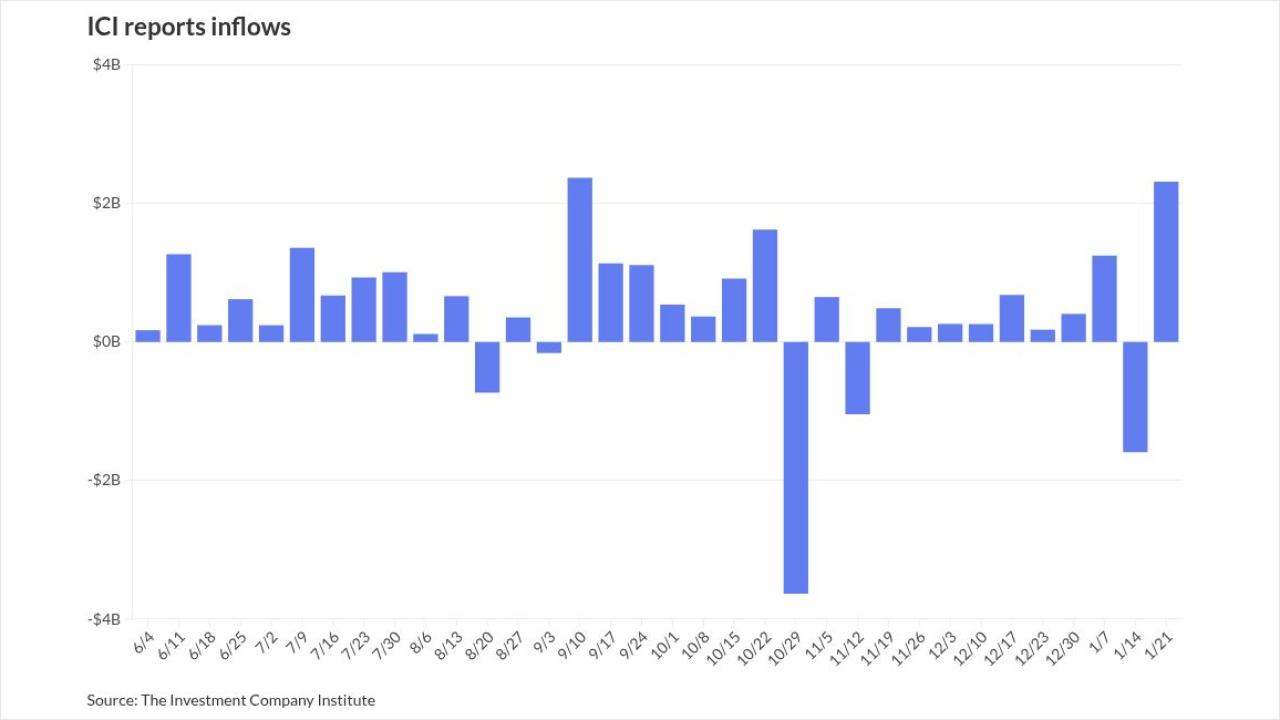
DALLAS – Dallas has received its third downgrade in two months.
Friday's Moody's Investors Service downgrade to A1 from Aa3 reflects two threats to the city's finances.
In addition to the potential failure of the Dallas Police and Fire Pension Pension System, an unfavorable ruling on a lawsuit involving back pay for police could cost the city $4 billion, according to Mayor Mike Rawlings.
The Moody's action came the same day S&P Global Ratings placed Dallas' AA rating on watch for possible downgrade.
Rawlings told the Texas Pension Review Board in November that the combined impact of the pension fund and court case could come to $8 billion, which could lead to a potential bankruptcy. Rawlings and the city maintain that Dallas is not legally responsible for the $4 billion pension liability.
After a $500 million run on the pension fund in the past year, pension board members halted withdrawals from a deferred pension fund known as DROP (Deferred Retirement Option Plan).
Fund managers said the remaining $2.1 billion in total pension fund assets include just $729 million in cash. The $154.5 million in pending withdrawal requests last week would take the cash balance too low for a pension fund, they said. The fund has an estimated $6 billion in future liabilities under its current structure.
Rawlings last week filed a lawsuit as a private citizen seeking to halt withdrawals, but the board took action on its own.
The city has devised a plan to keep the fund solvent but is dependent on state legislative approval. A 1933 state law created the Police and Fire Pension Fund, and 1993 state legislation created the DROP program that allowed police and firefighters continue working while earning 8% interest on deferred pension payments. Some members of the pension retired as millionaires.
"The city's recently announced reform plan includes actuarial projections that the unfunded liability will be amortized in 30 years," Moody's analyst Denise Rappmund said. "However, it has significant implementation risk because it relies heavily on actions of the state legislature and includes only modest increases in cash contributions to improve funding levels."
In October, Moody's downgraded Dallas one notch to Aa3. A week earlier, Fitch Ratings downgraded the city to AA from AA-plus. Both agencies cited the growing pension problems and maintained negative outlooks at the lower rating.
"Moody's has placed all of the city's ratings under review, including the GOLT [general obligation limited tax debt]," the Friday report said. "The ongoing review will focus on the city's plans to address the unfunded public safety pension liabilities, public safety fund liquidity and medium-term solvency prospects."
Dallas is the ninth most-populous city in the US and third largest in Texas behind Houston and San Antonio.
In testimony to the Texas Pension Review Board in November, Rawlings pleaded for state to grant the city control of the pension fund, which heretofore, has been controlled by its members.
The Police and Fire Pension Fund has asked the city for a $1.1 billion cash infusion, but Rawlings called the suggestion "ridiculous," saying it would amount to an entire year of the city's general fund budget. Rawlings also rejected a proposal that would require raising the city's property tax rate by 130%.
Rawlings called the $4 billion pension fund liability and a potential $4 billion liability for back pay to police "two looming public safety financial challenges that could bankrupt the city."





